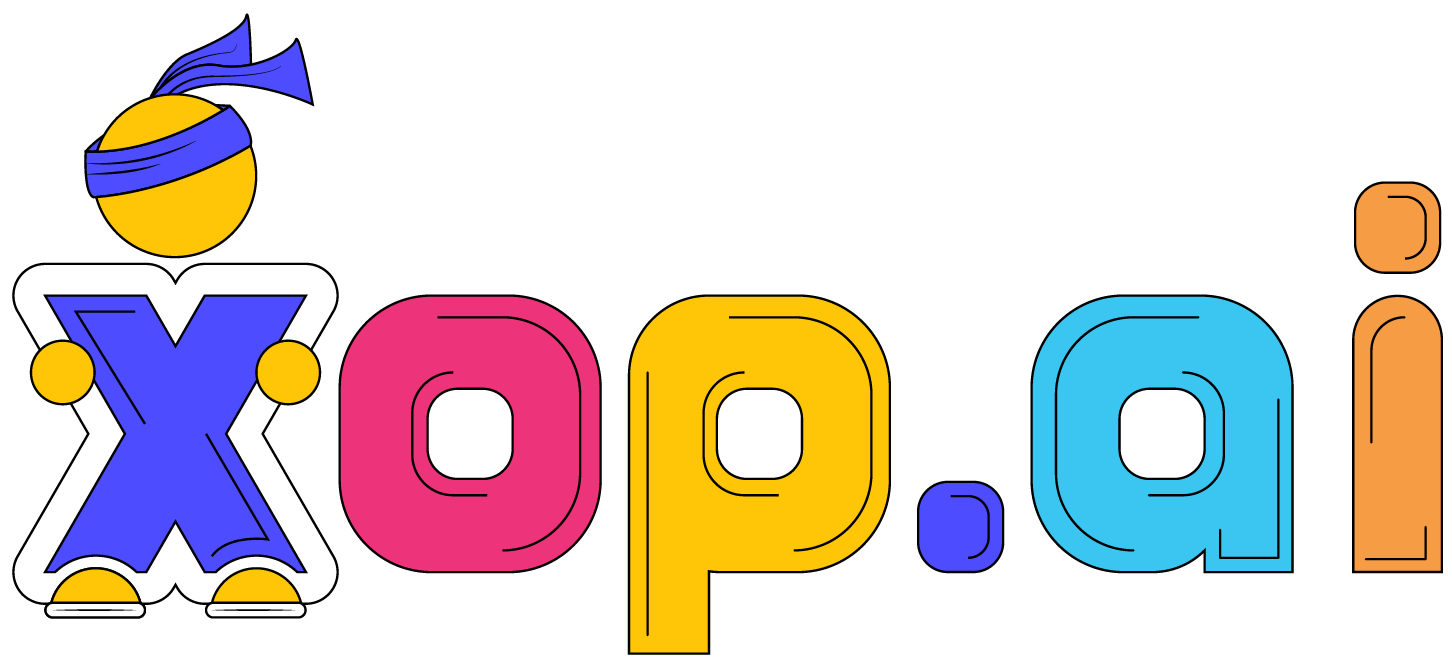Every organization values its high performers—those indispensable individuals always at the ready. CEO’s and COO’s often ponder, “What if Jody left?” If a top performer departs without leaving documented processes, it can hurt the business in various ways:
- Knowledge Loss: Their unique understanding of operations and customer insights isn’t easily replaced.
- Productivity Drop: Replacements might struggle to match their efficiency and accuracy.
- Higher Training Costs: Undocumented roles mean longer, costlier onboarding.
- Operational Hiccups: Routine tasks they managed might now be overlooked or mishandled.
- Customer Setbacks: Direct customer interactions could suffer, risking relationships and business.
- Team Morale Dip: Their sudden absence might dampen team spirit.
- Reputation Risks: Especially in niche sectors, their exit might signal company issues.
- Compliance and Risk Concerns: Lack of documentation can lead to non-adherence to standards or regulations.
- Opportunity Loss: Their innovative ideas might be lost without documentation.
- Dependency Dangers: Relying heavily on one person can be a vulnerability when they leave.
Countermeasures:
- Knowledge Management: Adopt a system like xop.ai, which aids in creating documentation and integrates chatbots in Microsoft Teams to help staff access and update it. Use generative AI for detailed content analysis.
- Knowledge Sharing: Host regular sessions for team members to discuss and record their roles.
- Document-Friendly Culture: Encourage and provide tools for easy knowledge documentation.
- Plan for Succession: Prep potential internal successors early.
- Cross-training: Familiarize multiple employees with vital processes.
- Exit Strategy: Conduct thorough exit interviews to capture departing insights.
Being proactive with documentation can help mitigate the blow of losing a high performer.


